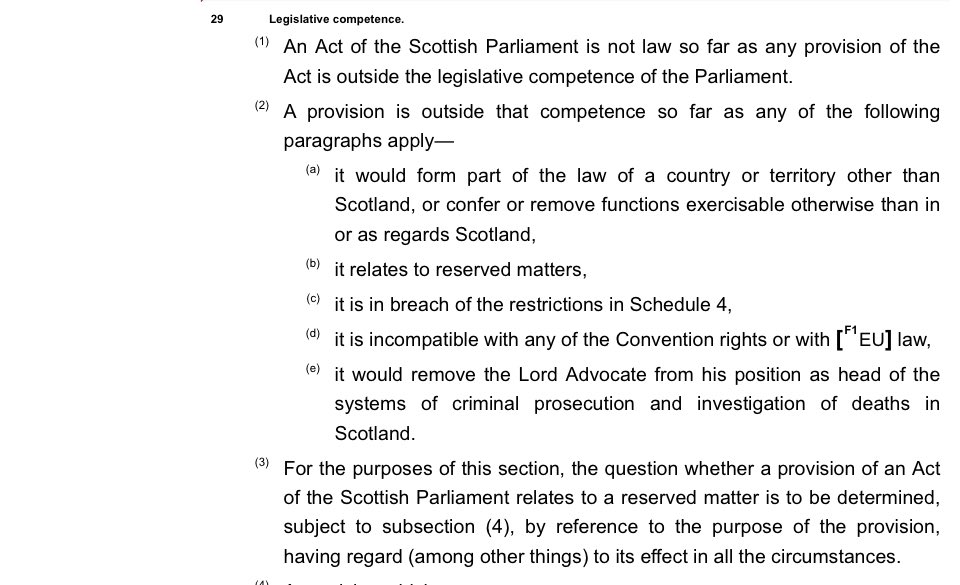
A great piece on the inadequate provision in the EU/U.K. Trade and Cooperation Agreement for services.
https://twitter.com/samuelmarclowe/status/1391641661386674179
Why didn’t the current government do more to get a better deal in the TCA? My theory: taboos against going anywhere near mobility of people (very linked to services); and against asking the EU for anything for fear of having to make concessions in return. 

A nice refutation of the trope - still trotted out on occasion - that the EU internal market in services was unimportant (incomplete is not the same as unimportant). 



Especially for regulated professions (which often includes professions that are not regulated in the U.K.) 

The consequences of the current government’s refusal to look at any provisions on mobility (remember, an offer on mobility was made by the EU). And the problems are real, as we’ll discover: questions at airports about why you are travelling. 



But it’s really helpful to be Irish. (The difference in opportunities open to U.K. only nationals compared to the Irish nationals in the next door office or competing band is going to be a very noticeable thing.) 

And that’s the problem: even if you can manoeuvre your way round the obstacles, most EU clients just won’t want the hassle when you can get an EU provider instead (again, great for the Irish). 

• • •
Missing some Tweet in this thread? You can try to
force a refresh









